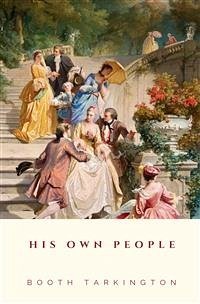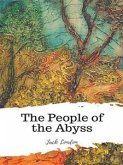Many people who are traveling abroad take the opportunity to forge a new, albeit temporary, identity for themselves. In his quest to be welcomed among the upper crust in Europe, American Robert Russ Mellin creates a moneyed, cultured alter ego. However, before long, Mellin happens to encounter a man who is the embodiment of everything that he himself aspires to be. Will he survive this collision of the real and the imaginary?
Bitte wählen Sie Ihr Anliegen aus.
Rechnungen
Retourenschein anfordern
Bestellstatus
Storno









